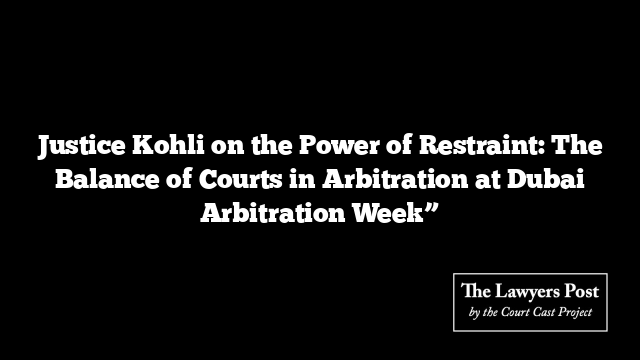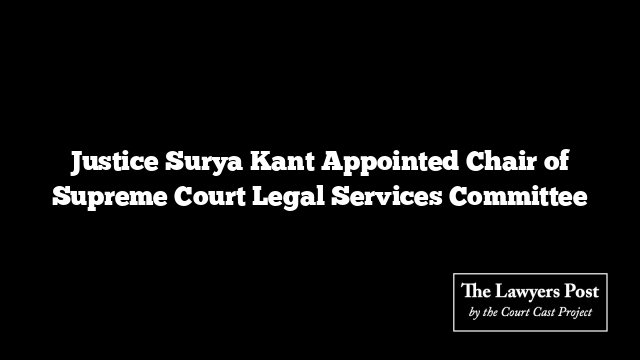At Dubai Arbitration Week 2024, a fireside chat at Al Tamimi & Company brought together a distinguished panel to explore the delicate balance of judicial intervention in arbitration, particularly with states and state-owned entities across Asia and the Middle East. With an assembly of experts and stakeholders from Asia, the Middle East, Europe, and Africa, the event emphasized arbitration’s evolving role in dispute resolution.
The session featured Hon’ble Justice Hima Kohli, former Supreme Court Judge of India; Dr. Hassan Arab, Regional Head of Dispute Resolution at Al Tamimi & Company; and Chiann Bao, a seasoned arbitrator. Moderators Tariq Khan, Registrar of the IAMC, and Khushboo Shahdadpuri, a senior lawyer at Al Tamimi, set the tone with a question on the ideal balance between judicial oversight and arbitration autonomy.
Justice Kohli advocated for a restrained judicial approach in arbitration, underscoring that courts should engage only in exceptional cases, allowing arbitration to operate independently. “The strength of arbitration,” she noted, “lies in its flexibility and separation from traditional court procedures.” This principle of minimal intervention, she emphasized, preserves the unique value arbitration brings to resolving disputes efficiently and impartially.
Chiann Bao echoed this, stressing that clear communication among legal teams and other parties can streamline the process, fostering efficiency. Sharing insights from her experience, Bao highlighted that the directness of arbitration offers distinct benefits compared to more rigid judicial proceedings.
Dr. Hassan Arab brought the discussion into the regional context, describing the UAE’s strong pro-arbitration stance, with Dubai Courts playing a supportive role. He highlighted changes under Decree No. 34, which restructured arbitration forums in Dubai by transferring DIAC-LCIA’s responsibilities to DIAC—a move impacting the arbitration landscape and future legal agreements.
The panel’s reflections were both practical and philosophical, underscoring arbitration’s evolving role amid judicial structures. As the discussion concluded, speakers shared personal insights, reflecting on arbitration’s growth, challenges, and their hopes for its future development across international borders.





